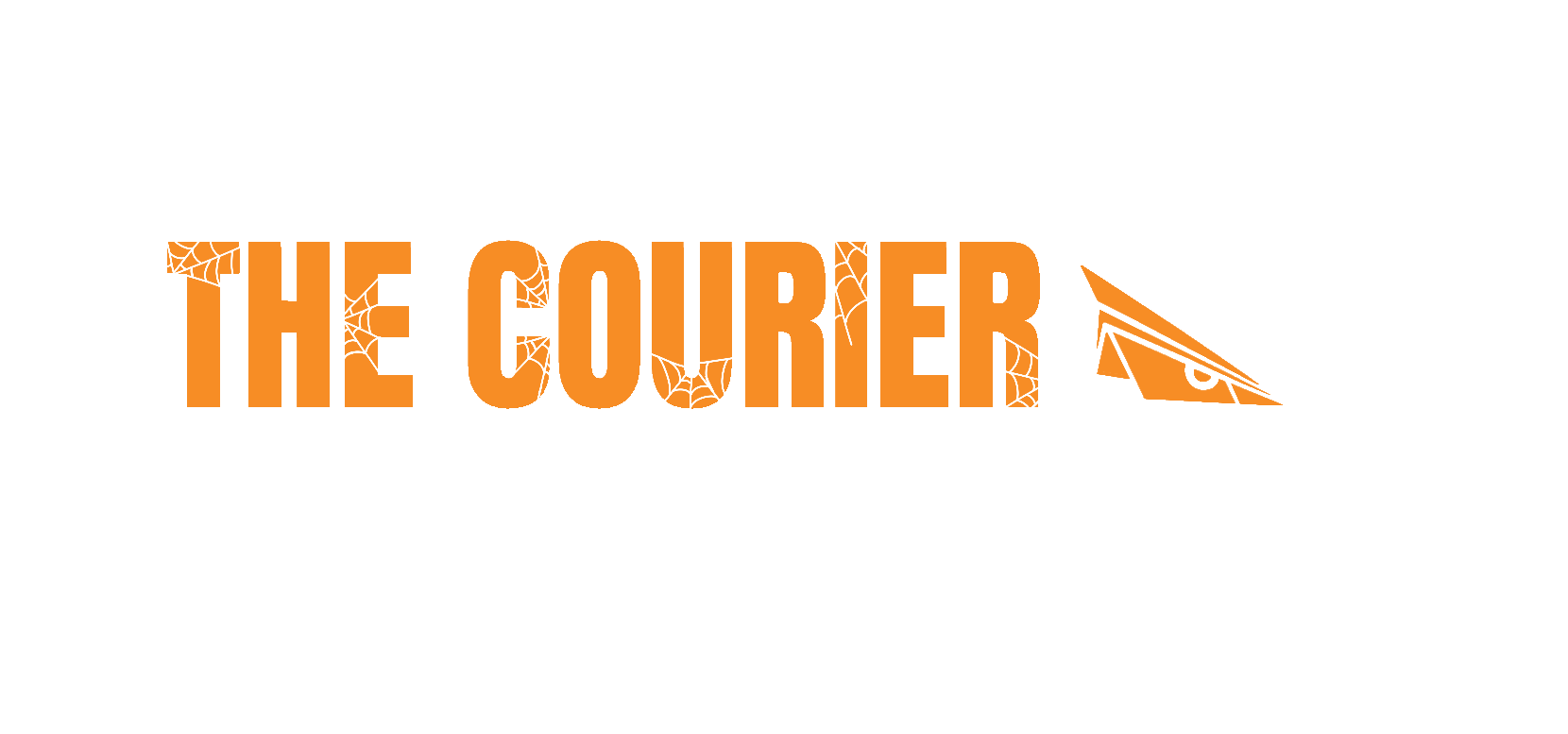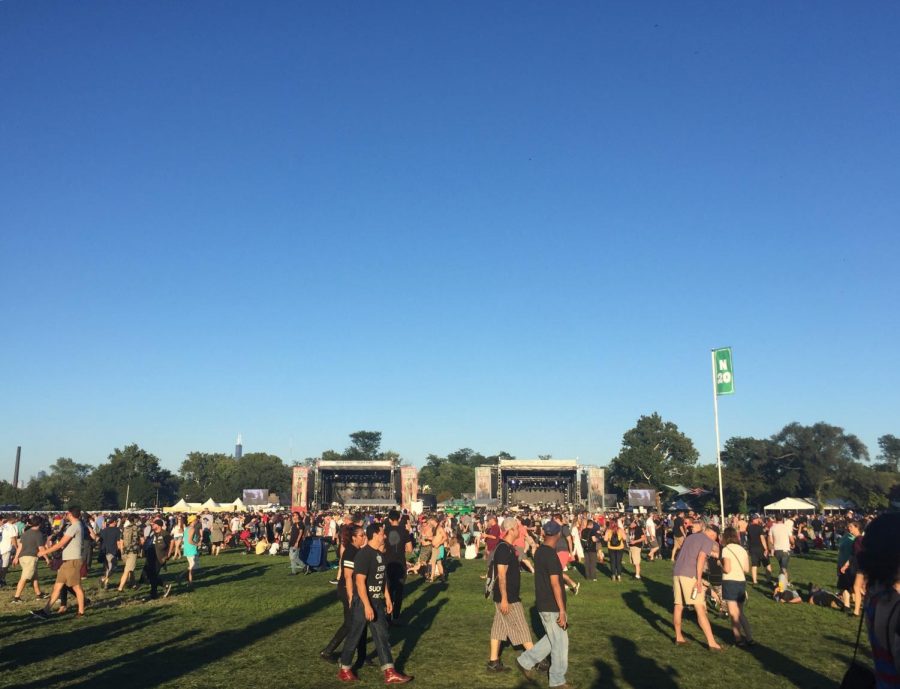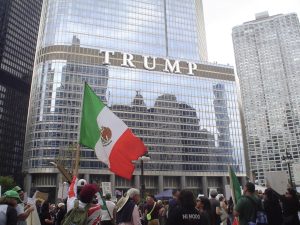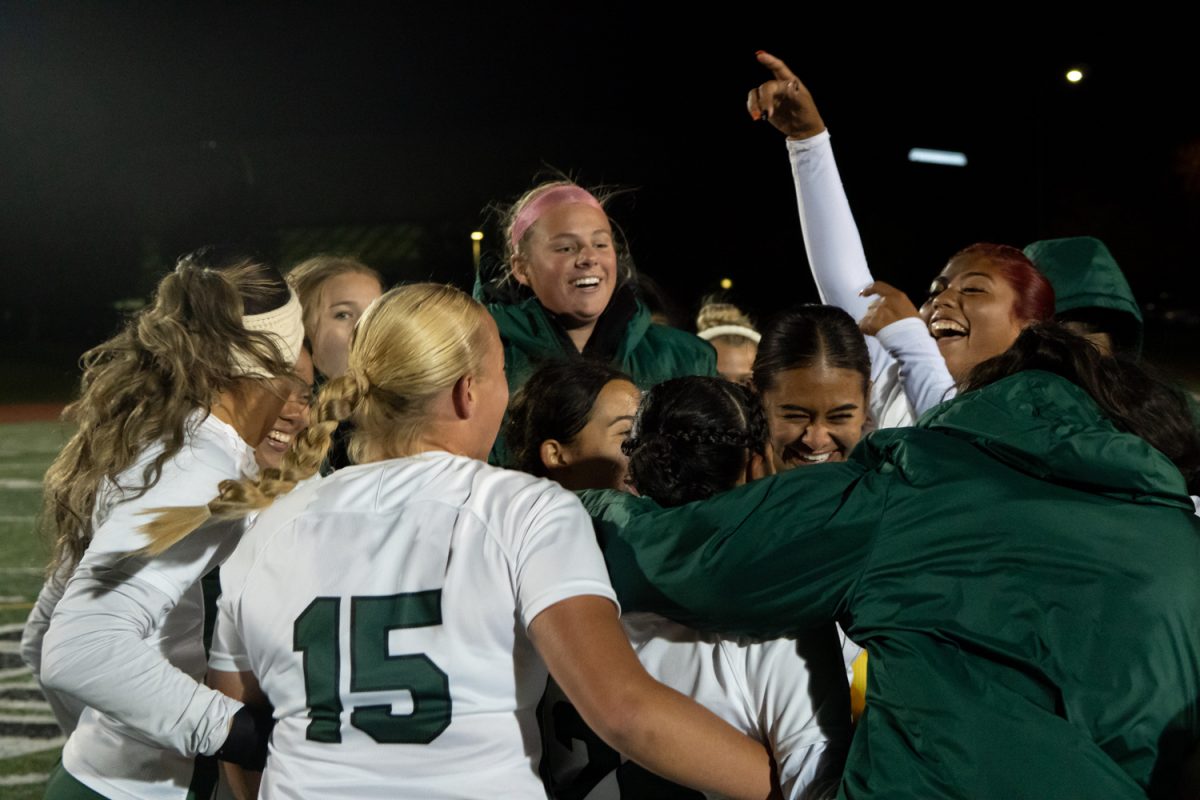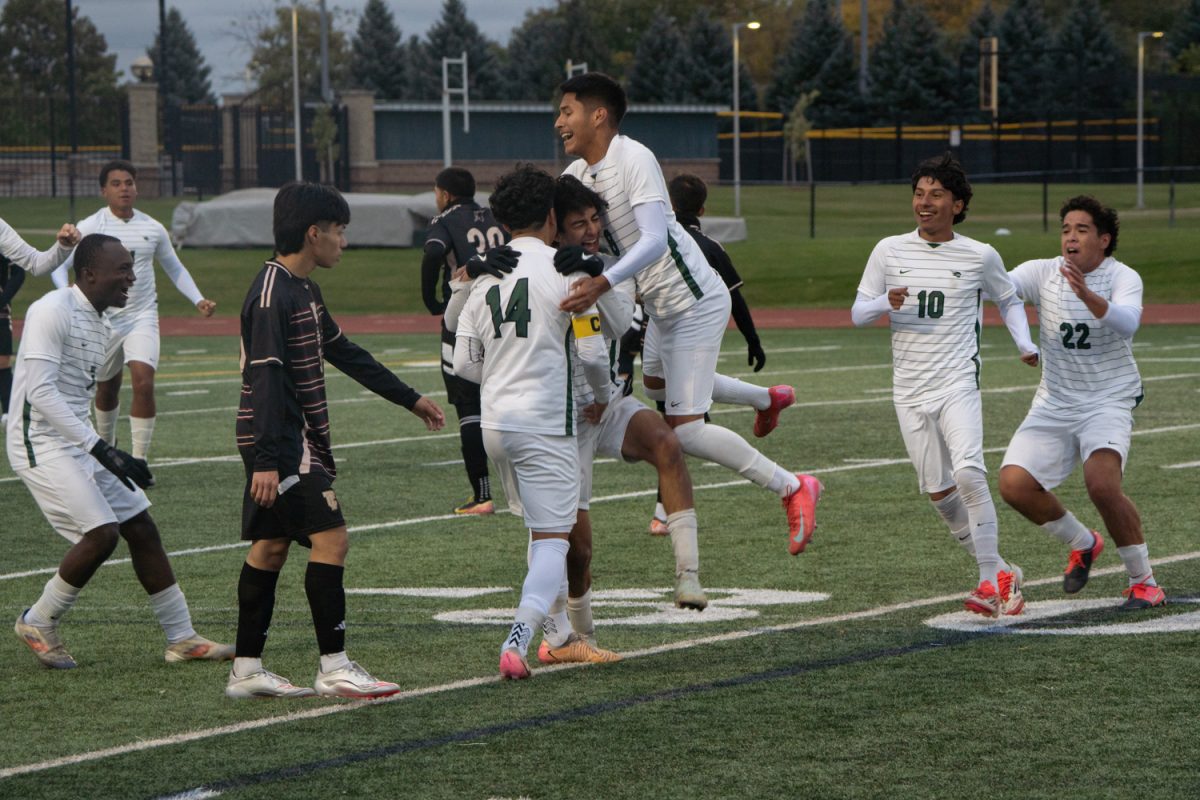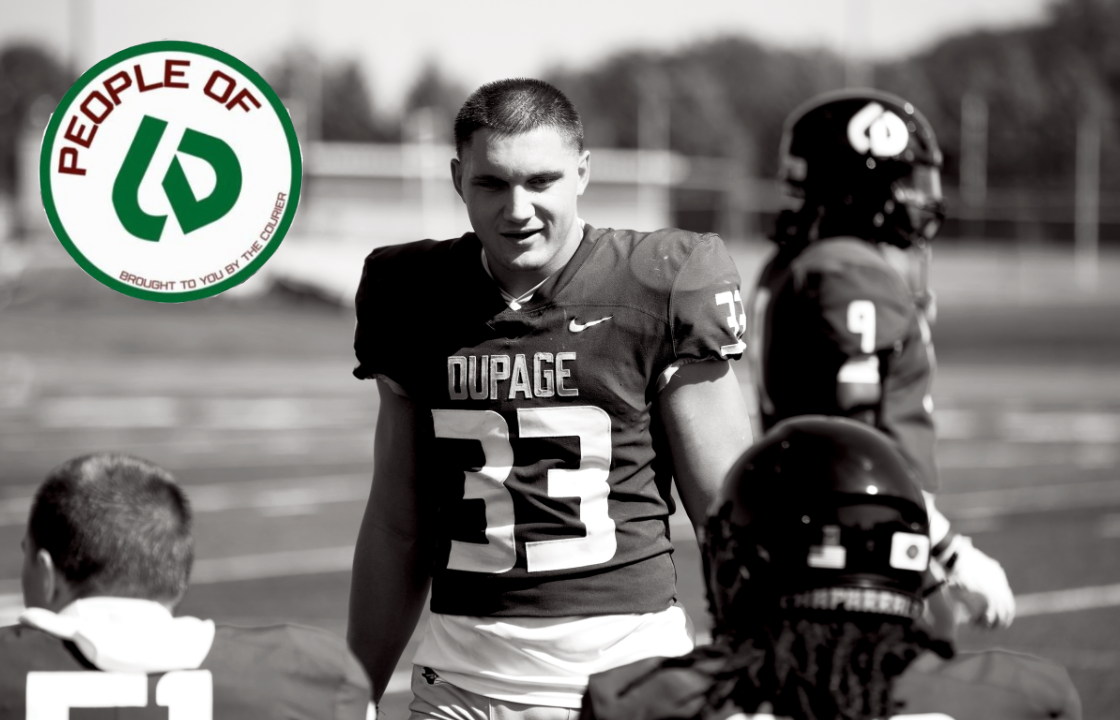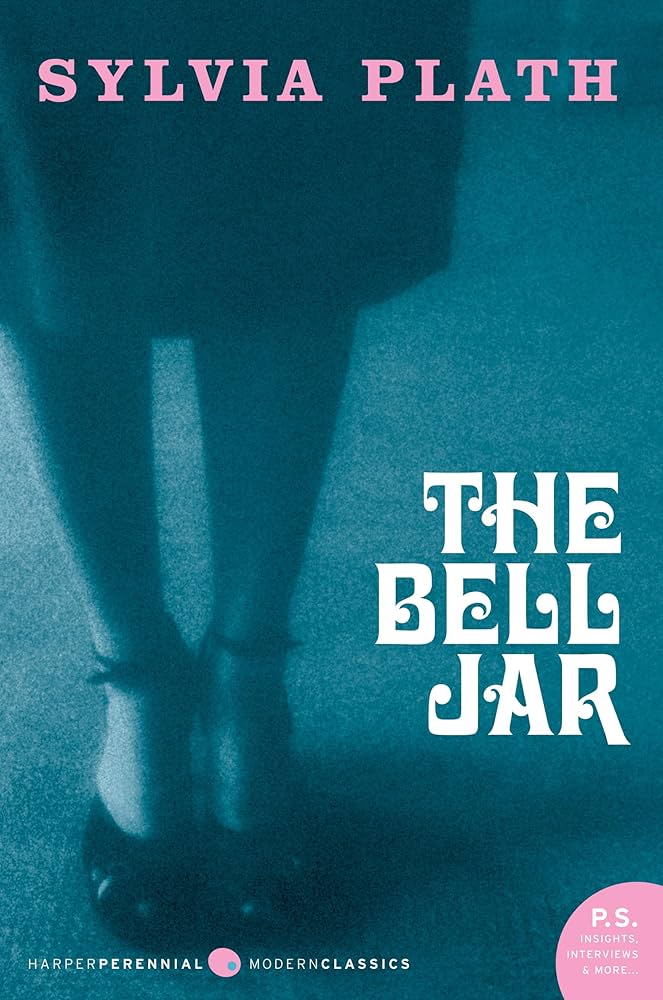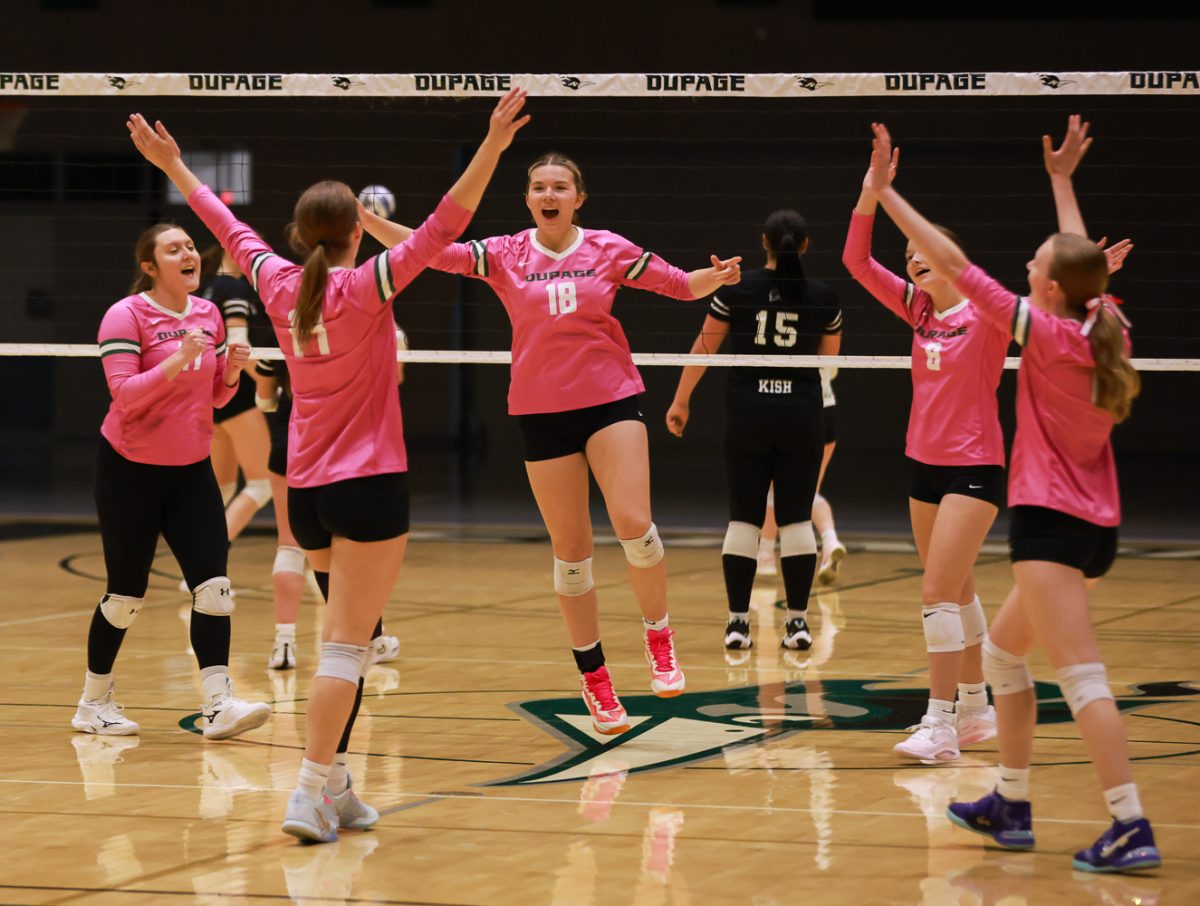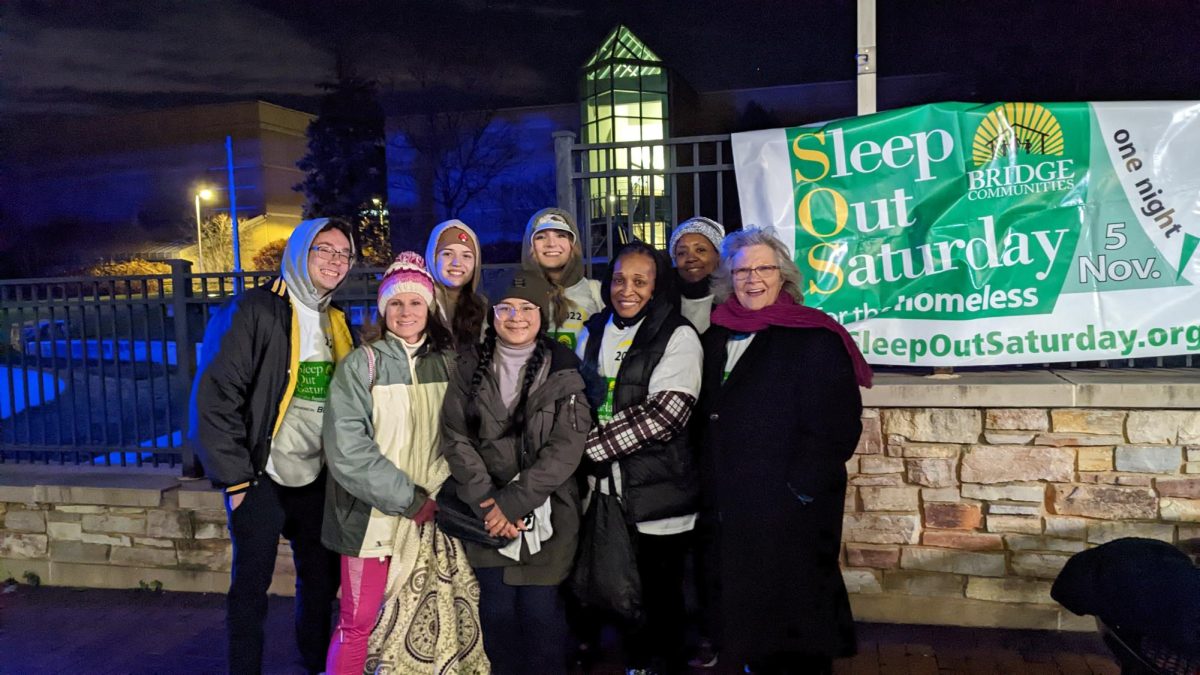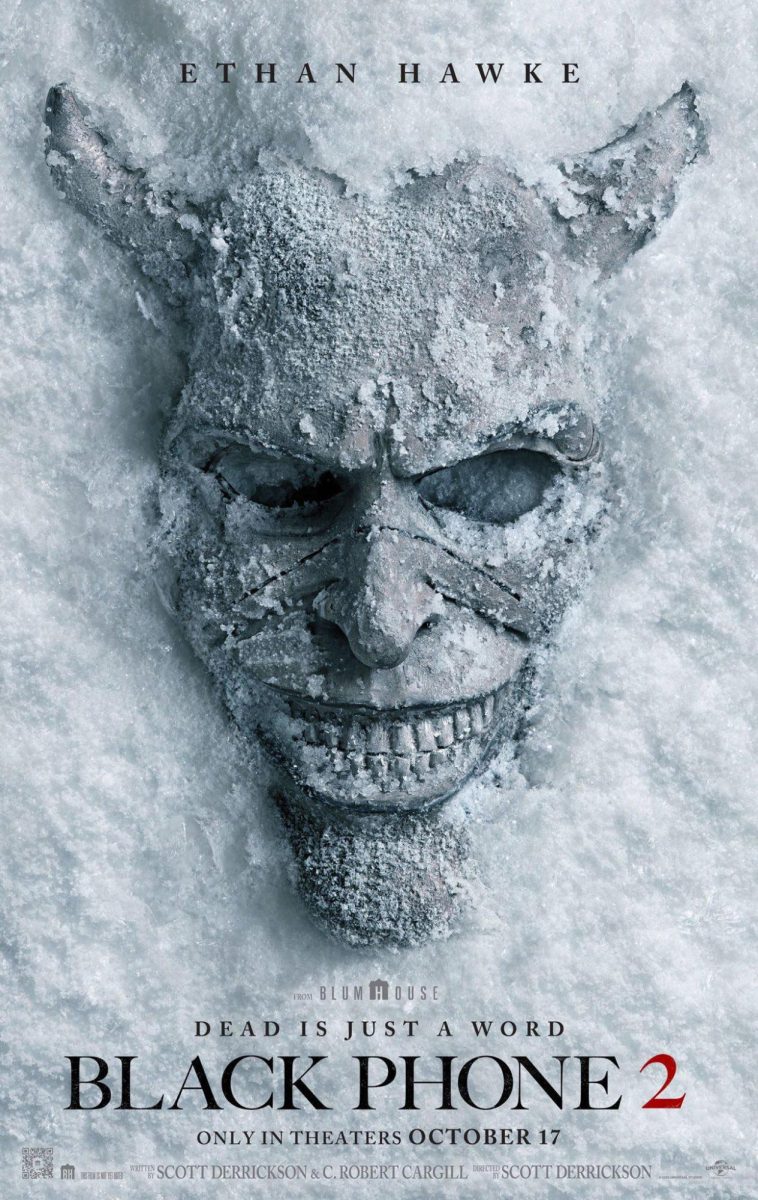Riot Fest returns to Chicago despite all odds
September 18, 2018
What started out as a small, localized festival has turned into one of Chicago’s most beloved. Thousands of music lovers from across the country make the commute to Douglas Park each year for Riot Fest, with each year growing larger than before. In the 14 years Riot Fest has been around, this year was the most puzzling and confusing of them all, but that did not keep the audience away.
The 2018 version of Riot Fest started out promising but quickly turned into a mystery. Many things seemed to go wrong in planning the festival this year, including a global security breach with Ticketfly and a headliner backing out completely. Fans questioned whether the festival would even happen.
Things started to go awry as soon as the first wave of the lineup was released in May. On the same day, Ticketfly, who has been the partnering ticket partner for eight years, was hacked and went offline. An estimated 27 million Ticketfly accounts had their information exposed during the security breach. While Ticketfly was down, Riot Fest partnered with Eventbrite to make up for lost time.
Before the lineup announcement, the festival already sold three-day general admission tickets, but ticket sales for that day were critical. The security breach set the festival back immediately.
After receiving a settlement from Ticketfly, the festival did what no others would do and offered discounted three-day passes. Tickets sold for $99.98 versus the usual $170 before taxes and fees. People who purchased a three-day pass before this discounted price received a voucher to purchase next year’s passes at the same price.
The festival then went silent for a while, so silent that people assumed the festival was canceled. It was not until a week before Riot Fest weekend that the full lineup, daily schedules and after-shows were released. The full lineup did not have the original Friday headliner, Blink-182, on the program. Instead, it had Weezer, along with Taking Back Sunday and Run The Jewels to make up for Blink-182’s absence. It now started to make sense why the lineup and schedules were released so close to the festival.
Despite the setbacks, Riot Fest still put on a good show. The festival began on Friday, Sept. 14 and was as crowded as ever. A larger crowd was undoubtedly drawn to the fest with the cheap three-day passes.
I arrived at the fest around 4:30 p.m. to catch a few acts. Parking at a Chicago music fest can be stressful. Official Riot Fest lots were available for $25 to $30 for those who wanted the security and ease, but I was able to find free street parking not far from the entrance.
The setup of the park included five stages, a strip of food vendors, merchant tents and carnival rides. The layout was the same as last year with nothing too far to get to. It only took a few minutes to walk to a new stage or across the park for food.
I saw Digable Planets and Cypress Hill for their entire sets, and also caught glimpses of Sum 41 and Taking Back Sunday. This was the day I was least interested in, but it ended up being a lot of fun. Both Digable Planets and Cypress Hill played full albums, something Riot Fest is known for. Both had a fun stage presence and drew large crowds, especially Cypress Hill.
Saturday was the day that I was looking forward to the most. Out of all three days, it had the most interesting lineup. As soon as I arrived at 2 p.m., every hour was occupied with sets I wanted to see.
In the span of 7 hours, I was able to see Health, Gary Numan, Cat Power, Adolescents, The Voidz, Elvis Costello & the Attractions, Killing Joke and The Jesus Lizard.
Some bands dealt with technical difficulties which put a halt on their sets. Health had to end their set almost 15 minutes early due to issues with their equipment. The overall sound at a few stages was not the best, specifically for Elvis Costello & the Attractions. Vocals often felt very quiet in comparison to the other instruments. Certain moments felt uneven, but it was not too much of an issue.
The festival is located next to a hospital, which limits how loud the music can be. For Riot Fest to continue in Douglas Park, the sound cannot surpass a certain decibel as to not disturb the patients next door. I assume the sound was not the best for this reason. The festival was already forced to move locations a few years ago, so I do not blame them for wanting to make adjustments to keep the festival running.
Despite some issues with the sound, bands still managed to put on a good show. The best set of the night was the Jesus Lizard who headlined their respective stage. It was high energy, engaging and exciting for the entire hour-long set. I looked forward to their show all weekend and it did not disappoint.
Sunday was the tamest of the three days, but it was a nice change of pace after an already long weekend.
Of all the acts on the final day, the most interesting was Blondie. They had one of the biggest crowds of the weekend, filled with people of all ages. With 40 years of experience under their belt, the band was one of the main acts of the 2018 lineup. The 73-year old Debbie Harry took the stage in a neon green wig to perform a variety of songs from their massive discography.
The sound was also better on Sunday compared to the other days with little to no technical difficulties, though the sound has little impact on my overall experience.
With another year of attending Riot Fest under my belt, I can say that despite the issues with this year’s fest, it was still as fun as any other year. I was skeptical of the lineup at first but was pleasantly surprised in the end.
Going forward, I believe the festival will do more to work around last-minute issues like they faced this year. The 2019 version marks 15 years of the festival. I anticipate they will make up for this year’s flaws to produce something even better for their anniversary. I am already looking forward to seeing how the festival progresses next year and beyond.
OPINION
